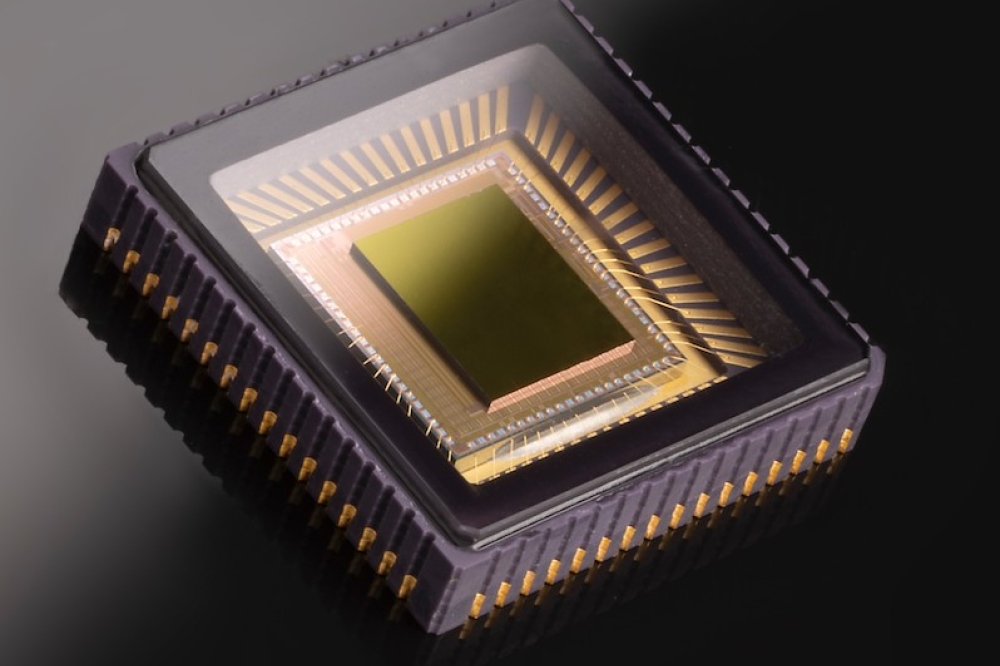UK CSC launches foundry for quantum photonics

QFoundry will initially focus on VCSELs for commercial grade atomic clocks and atomic magnetometers, and single-photon emitters and detectors
Quantum technologies are on the brink of emerging from the realms of the laboratory and science fiction into a wide range of industrial and consumer products that will affect the way we live, work and spend our leisure time. Advanced quantum phenomena are being harnessed to create disruptive technologies in areas ranging from ultra-secure communications to highly-sensitive imaging and healthcare diagnostics.
As new applications emerge, widescale market adoption of quantum systems will require a robust, commercial-grade source of quantum photonic components, often based on advanced semiconductor devices. The adoption of foundry manufacturing concepts, well known in the semiconductor industry, will accelerate mass-market traction.
QuantumFoundry (QFoundry) is a three-year, £5.7 million project that is part-funded by the UK Quantum Technologies Challenge, via UK Research and Innovation. The project will use standard semiconductor techniques to scale up the manufacture of quantum components that are critical to a wide range of novel quantum systems.
Initial areas of focus include VCSELs for commercial grade atomic clocks and atomic magnetometers, and single-photon emitters and detectors for quantum communications, computing, imaging and sensing applications.
The consortium led by the Compound Semiconductor Centre (CSC) and comprising Amethyst Research, Bay Photonics, Compound Semiconductor Applications Catapult, CSconnected ltd, Cardiff University, Integrated Compound Semiconductors (ICS), IQE, Microchip Technology, National Physical Laboratory (NPL), Toshiba Europe, University of Cambridge and University of Sheffield will deliver a national open-access quantum semiconductor device foundry.
Members of the consortium have already delivered proof-of-concept quantum devices, and they will build on collective capability to create the foundations for robust, scalable quantum component manufacture in the UK to reduce barriers to commercialisation of quantum technologies.
Wyn Meredith, director of CSC commented: “Widescale adoption of quantum systems need a robust, reliable and volume supply of semiconductor components to integrate into products to deliver a return on investment on the science. QFoundry can perhaps be described as the missing piece in pathway to commercialisation, and the project will lay the groundwork towards a new UK quantum component industry.”
Roger McKinlay, challenge director for the Quantum Technologies Challenge, said: “This is part of the UK National Quantum Technologies Programme which is set to make a £1B investment over its lifetime. This impressive team illustrates that the UK can lead in the manufacture of quantum devices, not just the development of the technology. This is not just good business in its own right but also part of a virtuous cycle in which world-class fabrication is underpinning further leading developments in quantum computing, communications, imaging in sensing.”


































